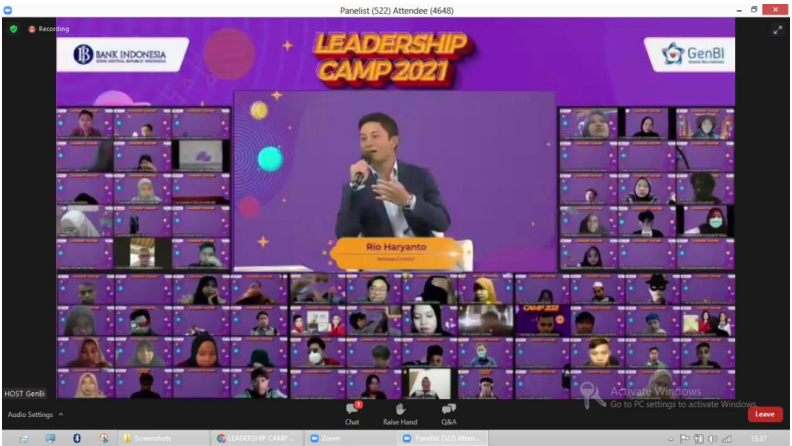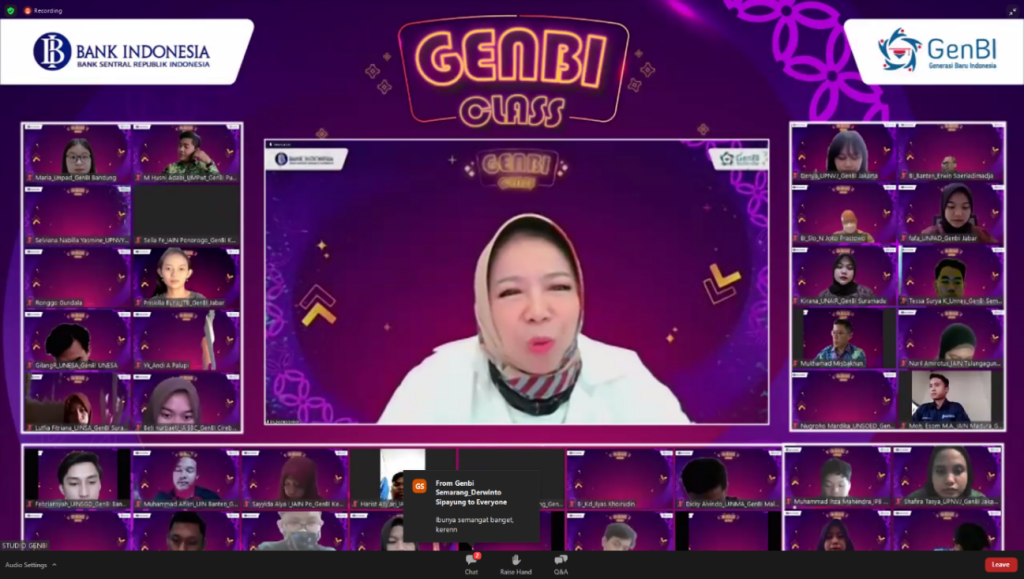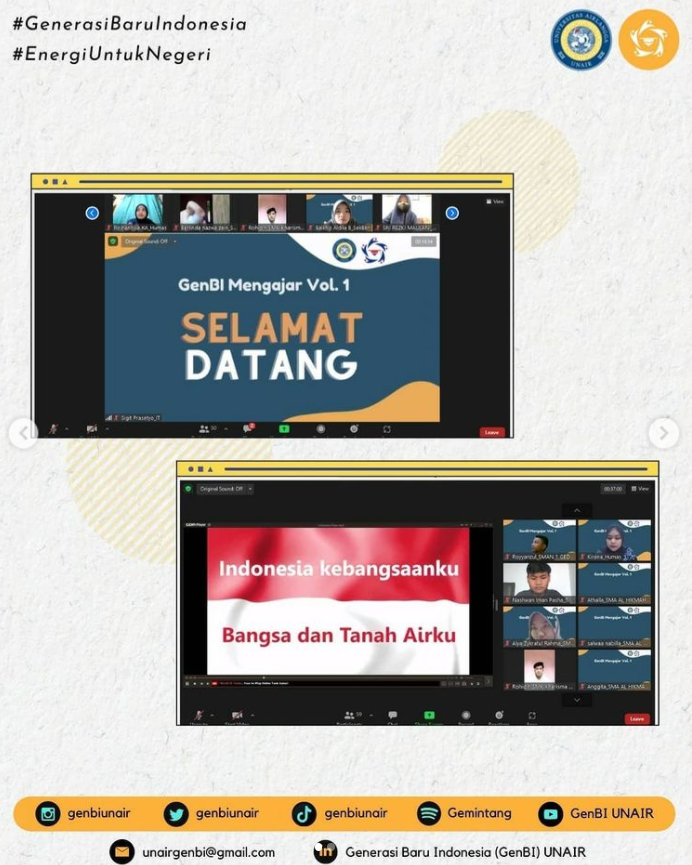The Bank Indonesia (BI) Scholarship is awarded by BI to undergraduate (S1) and diploma (D3) students at various selected public and private universities. Through this scholarship program, BI provides tuition assistance, study allowances, and living expenses. Recipients of the scholarship will join the Generasi Baru Indonesia (GenBI) to become BI’s frontliners in communicating and educating the public about the institution and BI’s policies. At several public universities (PTN), the BI Scholarship is available to undergraduate and diploma students, with quotas for each campus set at 30 students per year (S1 Outstanding Scholarship), 75 or 50 students per year (S1 Regular Scholarship), and 25 students per year (D3 Regular Scholarship). For private universities (PTS), the scholarship quotas are 50 or 75 students per year (S1 Regular Scholarship) and 25 students per year (D3 Regular Scholarship), with differences in quotas determined by the accreditation status of the PTS selected by BI, namely A or B/C.
In 2021, four students from the Mathematics program at Universitas Airlangga successfully received the BI scholarship. They are Aufa Wira Andhika and Ricky Novaldi Willyanto from the 2018 batch, and Dea Novitasari and Rpov Homelitika from the 2019 batch. They learned about the scholarship from various sources, including upperclassmen who had previously received the scholarship and communities of people interested in pursuing scholarships. After obtaining information about the registration process and the requirements, they proceeded to the interview stage, which was conducted online via Zoom.
Dea explained that during the interview stage, they were grouped with nine other applicants, so they had to stand out and capture the interviewers’ attention. After the interview, they had to wait several months for the results, which were announced on Bank Indonesia KPw Jawa Timur’s Instagram.
The main benefits of this scholarship include an education allowance of 12 million rupiah, as well as soft skill training, leadership training, and other development programs provided by BI. Scholarship recipients also have the opportunity to participate in free webinars on BI’s new policy socializations.


“Additionally, we have a platform to grow and develop within a community called Generasi Baru Indonesia (GenBI),” Aufa added. Besides the various benefits, he also mentioned that BI had always been his target workplace, and he hopes that this scholarship program will open up more opportunities for him.
For other students who might want to follow in their footsteps and receive the Bank Indonesia scholarship, Rpov explained, “We need to study diligently to get good grades. For the outstanding scholarship, a minimum GPA of 3.5 is required, while the regular scholarship requires a minimum GPA of 3. Make sure you have a well-thought-out education or future plan, as you will need to submit a document about it. Create a motivation letter that is interesting, unique, but not exaggerated, and aligns with your capabilities. Don’t forget to briefly include your organizational experiences and achievements. Before the interview session, make sure you have studied and researched all about Bank Indonesia and its policies as well as possible questions. During the interview, dress neatly, ensure a stable internet connection (if the interview is online), and answer the interviewer’s questions as confidently and honestly as possible. If you have interesting experiences, feel free to share them (in context) to show your critical, creative, and innovative thinking.”
In conclusion, Dea added that the Bank Indonesia Scholarship is very worth trying. Not only does it provide substantial educational funding compared to other scholarships, but the experience and connections gained also make this scholarship extraordinary.
Through this scholarship program, several SDG points can be fulfilled, starting with eradicating poverty by helping students pursue higher education economically, thus improving their quality of life. Additionally, this scholarship program will produce competent students who can support economic growth and build industries both domestically and internationally.

